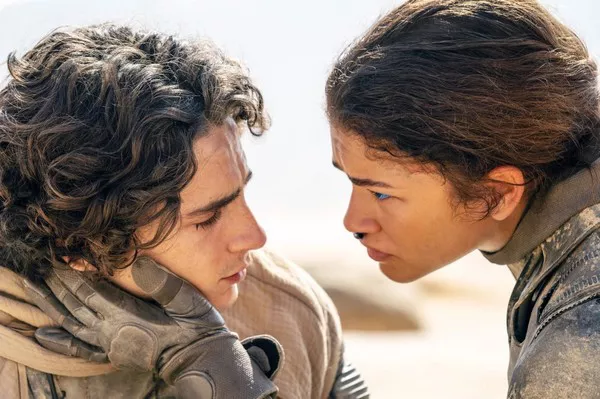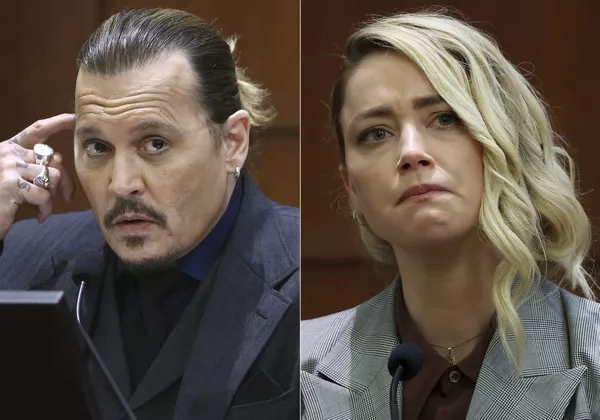A highly anticipated drama titled ‘The Idol,’ masterminded by Abel “The Weeknd” Tesfaye, has been canceled by HBO after just one season, leaving fans and critics wondering about the reasons behind its unexpected demise.
Initially positioned as a prime Sunday offering within HBO’s lineup, the show featured a gripping narrative revolving around a young pop star portrayed by Lily-Rose Depp, entangled with a secretive cult led by Tesfaye’s character. With its promising premise, ‘The Idol’ appeared poised to join the ranks of HBO’s acclaimed series such as Euphoria, Succession, and Game of Thrones as the network’s next prestige hit.
However, despite the initial buzz, the show encountered controversy and off-screen turmoil that ultimately prevented it from securing a second season. HBO made the decision to pull the plug on Monday, marking the end of ‘The Idol’s’ journey.
In a statement addressing the show’s cancellation, HBO remarked, “The Idol was one of HBO’s most provocative original programs, and we’re pleased by the strong audience response. After much thought and consideration, HBO, as well as the creators and producers have decided not to move forward with a second season. We’re grateful to the creators, cast, and crew for their incredible work.”
The abrupt end of ‘The Idol’ drew rapid and largely negative reactions on social media.
While the series did not initially have a concrete plan for multiple seasons, sources revealed that the show’s producers had ideas for its future beyond the initial five-episode run. The network’s recent decision not to proceed came as a surprise to many. The season finale, which aired on July 2, unveiled a twist in which Depp’s character was unveiled as Tesfaye’s cult leader, altering the established power dynamics.
Interestingly, as of June 15, HBO had denied reports that ‘The Idol’ would not receive a second season, implying that no final decision had been made.
Although HBO had labeled episode 5 as the season finale, signs of the show’s uncertainty were evident when co-creator and showrunner Sam Levinson concluded with five episodes instead of the originally planned six. An insider from the production shared that Levinson felt five episodes were sufficient to capture his creative vision.
Controversy had plagued ‘The Idol’ even before its debut on June 4.
The show faced early disruptions, with its original female director and an actress leaving the project due to reported disagreements. There were suggestions that Tesfaye believed the show was becoming overly skewed towards a female perspective, an assertion he later denied.
In March, Rolling Stone published a report featuring 13 anonymous members of the cast and crew who claimed that the series had veered drastically off course, turning into what they described as “sexual torture porn.” One crew member expressed concern that ‘The Idol’ transformed from a narrative about a woman confronting a toxic industry figure into something akin to a “rape fantasy.” These allegations stirred controversy and raised questions about the show’s direction.
HBO stood by the show, affirming, “The creators and producers of ‘The Idol’ have been working hard to create one of HBO’s most exciting and provocative original programs.” Despite the network’s efforts, creative differences and production challenges ultimately led to the show’s cancellation. HBO is looking forward to delivering fresh content to its audience in the near future.


























